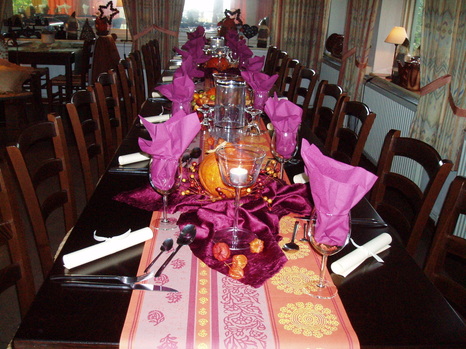My bookshelves are overloaded, my bedside book-pile threatens to topple and crush me while I sleep, the attic groans under the weight of things I haven’t unpacked since I moved house 16 years ago, (nothing valuable, I hasten to add for interested Burglar Bill types!) so I guess I don’t really need them, right?
Cheap goods add to this problem for me. Take books. In my youth, there wasn’t the proliferation of boot-sales, charity shops offering cheap reading material, supermarkets, on-line booksellers etc offering cut-price books. Now that I and my husband have actually produced and published books, we begin to see, from the other side of the counter, that actually cheap books don’t help writers. The cynical loss-leader use of books by large commercial operations doesn’t either. And if writers cannot make even the small living that so many traditionally earn – that’s some kind of a shame. Eventually, will we see an end to independent publishing houses and bookshops because they simply can no longer compete?
Another example – we are just two at home now my son has moved out. OK, when the Book Club comes round we need extra mugs, but do we really need the 19 mugs we currently have?
There has been plenty of reporting over the last few decades about things that are made cheap, and the hidden costs of that – the sweatshops, the vegetable and fruit pickers sometimes living in less than decent accommodation, the factory farming of animals, the damage done environmentally, suppliers of all kinds expected to cut their prices more and more to gain contracts, often going out of business because they simply don’t charge enough. And at the end of that chain are consumers.
I have in the past attended a lot of meetings of the Society of Friends. Many Quakers, now and traditionally, believe in paying the right price for things as a principle. That’s something I’d like to aspire too, but I’m well aware that I am as prone as anyone else to the siren call of the bargain.
Perhaps it would be possible to have less clutter of cheap things we have too much of, and to make an informed choice of a few things made beautifully, ethically, and which we actually use.
Many of humankind’s great spiritual leaders have counselled against storing up more than meets our needs. Maybe in only taking our share, we could leave enough to go round.


 RSS Feed
RSS Feed
